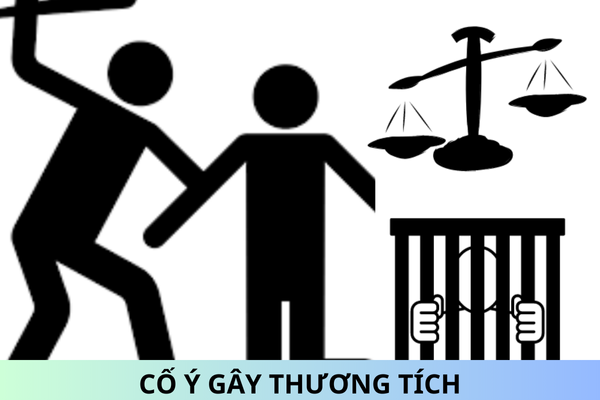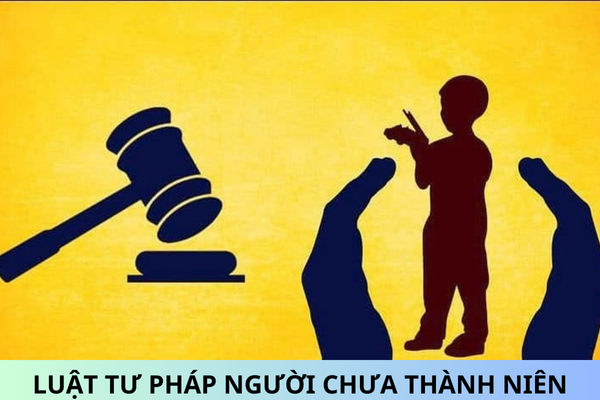Is a Wife Being Two Months Pregnant Considered a Mitigating Circumstance in Criminal Liability?
According to Article 51 of the 2015 Criminal Code (amended and supplemented in 2017), the mitigating circumstances for criminal liability for offenders include:
- The offender prevented or mitigated the harm of the crime;
- The offender voluntarily repaired, compensated for the damage, or remedied the consequences;
- The offense was committed in the case of exceeding the limits of self-defense;
- The offense was committed in the case of exceeding the demands of an urgent situation;
- The offense was committed in the case of exceeding the necessary level when detaining a criminal;
- The offense was committed under mental agitation caused by the unlawful act of the victim;
- The offense was committed due to exceptionally difficult circumstances that were not self-inflicted;
- The offense did not cause damage or caused insignificant damage;
- The offense is the first-time and falls under less serious cases;
- The offense was committed under threat or coercion by another person;
- The offense was committed under reduced cognitive capability not caused by the offender's fault;
- The offense was committed due to backwardness;
- The offender is a pregnant woman;
- The offender is 70 years old or older;
- The offender has severe or especially severe disabilities;
- The offender has a disease that reduces their cognitive or behavioral control capability;
- The offender voluntarily confessed;
- The offender sincerely declared, repented, and showed remorse;
- The offender actively cooperated with responsible agencies in crime detection or during the resolution of the case;
- The offender made meritorious contributions to redeem the crime;
- The offender has distinguished achievements in production, combat, study, or work;
- The offender is a person with meritorious services to the revolution or is the father, mother, spouse, or child of a martyr.
Additionally, according to Clause 2, Article 51 of this Code, when deciding on a punishment, the Court may consider other "mitigating circumstances,” but must clearly state the reasons for mitigation in the judgment. Specifically, in Subsection 5, Section 1, Official Dispatch 212/TANDTC-PC in 2019, the "other circumstances" include:
- The spouse, father, mother, child, brother, or sister of the accused is a person with meritorious services to the country or has been awarded one of the honorary titles by the State such as: Hero of Labor, Hero of the People's Armed Forces, Vietnamese Heroic Mother, People's Artist, Meritorious Artist, People's Teacher, Meritorious Teacher, People's Doctor, Meritorious Doctor or other noble titles according to State regulations;
- The accused has a brother or sister who is a martyr;
- The accused is handicapped due to an accident at work or on duty with a disability rate of 31% or higher;
- The victim also has faults;
- Damage caused by the fault of a third party;
- The accused’s family repaired, compensated for the damage on behalf of the accused;
- The victim or the victim's legal representative requests mitigation of the punishment for the accused in cases where only the victim's health was harmed or property was damaged;
- The offense was committed due to sudden requirements related to work, such as preventing a storm, flood, or performing a rescue operation.
In individual and specific cases and circumstances of the offender, the Court may consider other mitigating circumstances but must clearly state these in the judgment.
According to current regulations, your wife's pregnancy is not considered a mitigating circumstance for criminal liability. However, when adjudicating, depending on the Court’s assessment and based on the above mitigating circumstances, you may be considered for mitigation.
You should reference the above regulations for your case.
Respectfully!










